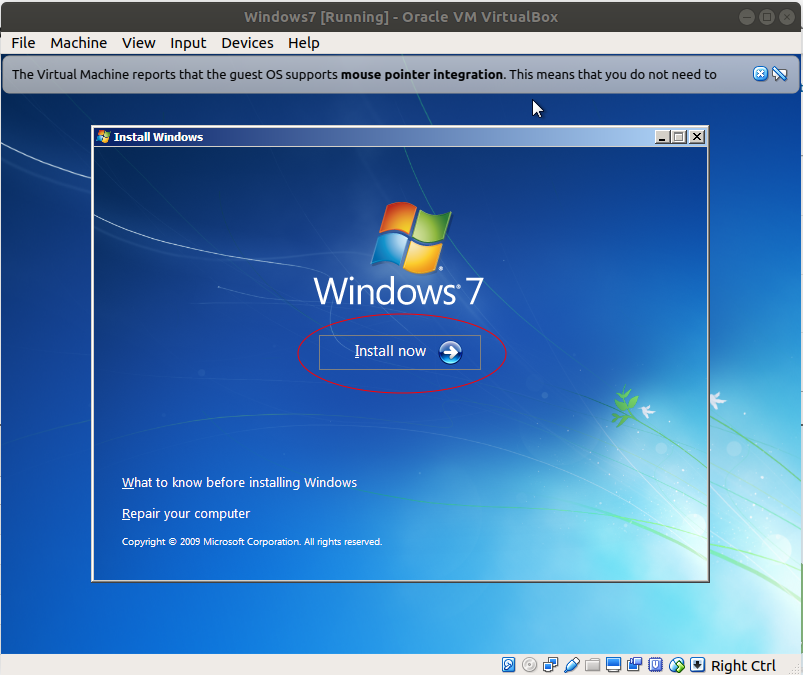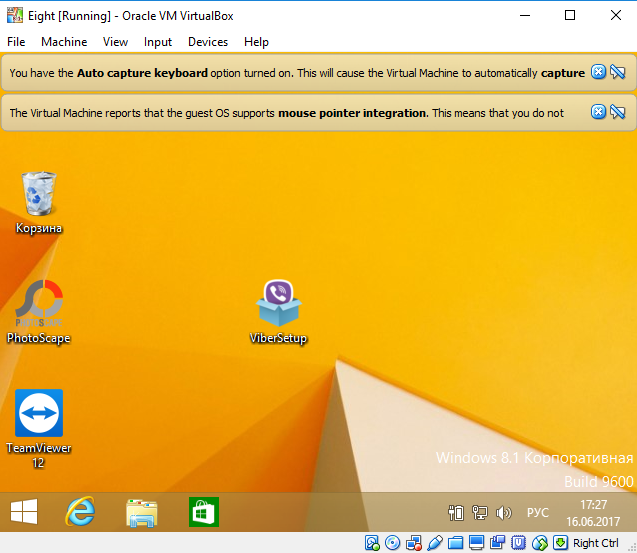

To those that say that microsoft has not improved its OSs from win7 onwards, I feel like replying that in fact it has with win10 in many respects, some of which I already mentioned in other posts. As far as I can understand, whatever makes ppl believe win7 is lighter and faster lies in sheer Impressionistic Enlightenment. Like hell, it booted into bsod, and the wim was no smaller than the win10 wims I have.

at the end of the experiment, I also wanted wimboot it to see if less space would factor in timewise. there is very very much less to debloat, true, but it is paradoxically not as easy to take out whatever features one does not need as with win10. the transition from post-install first boot to the most analogous configuration possible to win10 was one hell of an adventure with win7 (initial driver injections, incompatibilities, mismatches, system refractoriness to modification, etc.). This was tested after 1 and a half days of getting win7 to the same config as my win10s, not without issues though. win 7 takes more space than and twice as much time as I expected. I was surprised too, despite I have always been a purporter of win10 both in terms of space and in terms of time. 1 and a half day lost - well, nothing is lost in experimenting - at least now we know that, on the same machine, there is an 8-second bootup delay between win10 (14secs) and win7 (22secs). so many ppl say win7 is lighter than win10 so I wanted to scrape a few gbs and secs off the win10 wimboot deployments I mentioned above. HDD is a disk image format created using Parallels, the macOS virtual machine application.Sorry to butt in unexpectedly, but I am just after trying out a win7 vhd to compare it with my win10 versions.

HDD: No, it isn't your hard disk drive.VHD: VHD is Microsoft's virtual disk image container.VMDK: VMDK was the virtual disk image container of VMware but is now an open standard that almost all virtual machine applications can use.However, VirtualBox virtual disk images are far from the only virtual machine disk image type. VDIs are the virtual disk image container for VirtualBox. VDIs are an exact clone of the operating system build environment that anyone can download and use on another machine.

Hyper-V: What's the Best Virtual Machine? For many users, it saves time to download and install an operating system in VirtualBox. You can download a VDI, load it in VirtualBox (or another virtual machine tool), and load the pre-built operating system environment. A virtual disk image (VDI) is the image of a VirtualBox virtual hard disk.


 0 kommentar(er)
0 kommentar(er)
